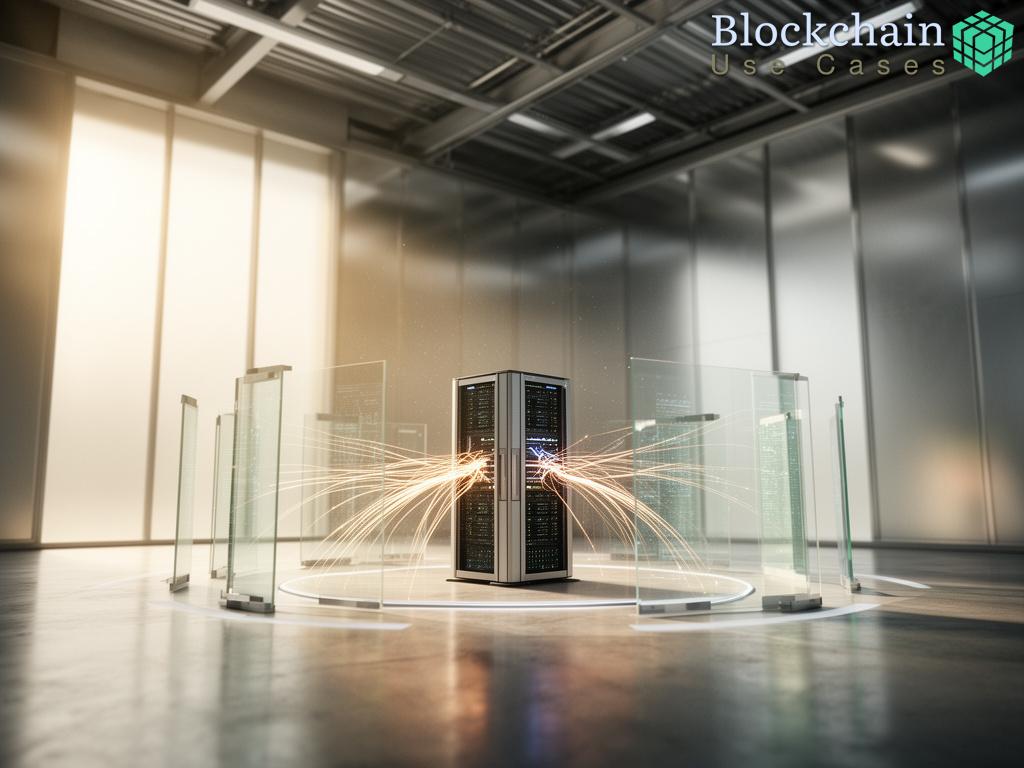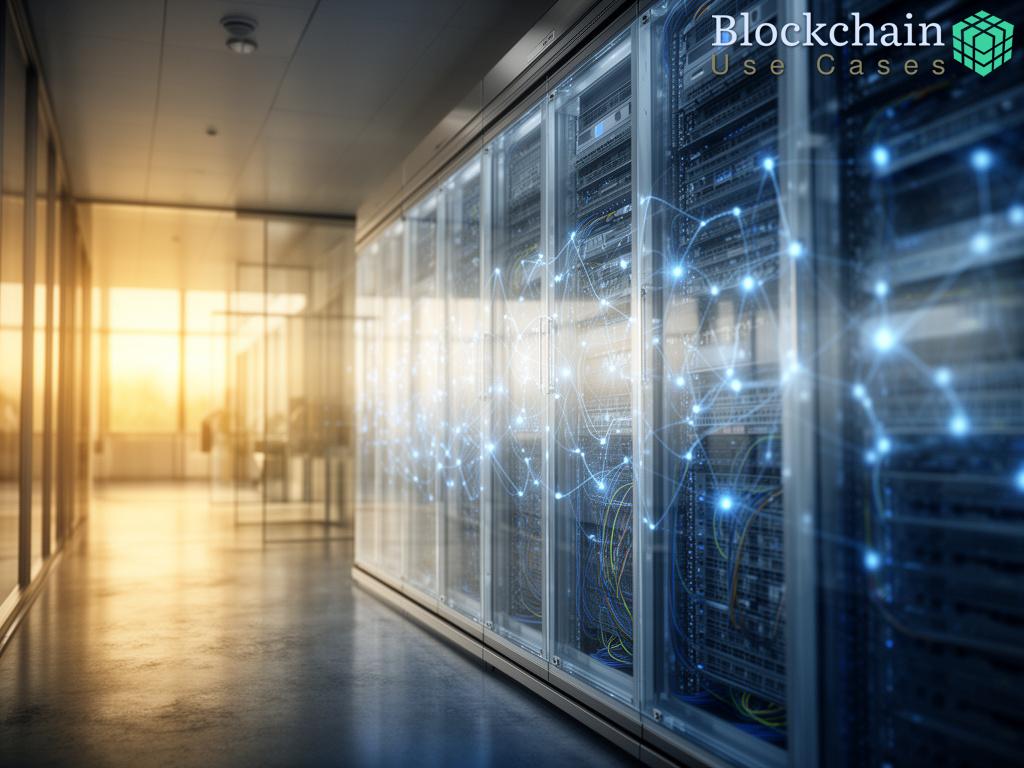Introduction to DSARs and Their Importance
Data Subject Access Requests (DSARs) are a vital component of data protection regulations, empowering individuals to request access to their personal data held by organizations. In an increasingly digital world, where data privacy concerns are at the forefront, DSARs serve as a critical tool for individuals to assert their rights and maintain control over their personal information.
As various jurisdictions implement stringent data protection laws, such as the GDPR in Europe and CCPA in California, the importance of DSARs has escalated. These frameworks not only promote transparency and accountability among organizations but also foster trust with consumers.
Organizations are obligated to handle DSARs efficiently, ensuring that individuals can easily access and understand their data. This requirement highlights the need for robust processes that can manage requests in a timely and compliant manner. The impact of DSARs extends beyond mere compliance; they represent a fundamental right of individuals, allowing them to challenge inaccuracies and control the use of their personal information.
In the context of evolving digital landscapes, the significance of DSARs is magnified. Inadequate handling or delays in response can lead to legal repercussions and erosion of consumer trust. Therefore, organizations must prioritize the establishment of effective DSAR management systems.
Traditionally, managing DSARs has been a cumbersome process for many organizations. Manual tracking, inconsistent response times, and lack of transparency can hinder compliance efforts. However, innovative approaches leveraging technology, particularly blockchain, promise to revolutionize how DSARs are handled.
The following table illustrates the differences between traditional DSAR management and blockchain-enabled solutions:
| Aspect | Traditional Management | Blockchain-Enabled Management |
|---|---|---|
| Transparency | Limited; often unclear processes | Immutable record of requests and responses |
| Efficiency | Time-consuming; manual intervention required | Automated workflows and faster processing |
| Security | Vulnerable to data breaches | Enhanced security through decentralized ledger |
| Accountability | Difficult to audit | Traceable history of actions and updates |
By adopting blockchain technology for DSAR management, organizations can enhance transparency, streamline processes, and bolster data security, ultimately leading to a more trustworthy relationship with consumers.
Leveraging Blockchain for Enhanced Transparency
In the realm of data privacy, where individual rights are paramount, the integration of blockchain technology offers transformative potential for managing Data Subject Access Requests (DSARs). By utilizing a decentralized ledger, organizations can significantly enhance the transparency and reliability of their DSAR handling processes. This innovative approach not only simplifies compliance but also fosters trust between consumers and organizations, setting a new standard in data management practices.
Blockchain’s inherent characteristics, such as immutability and decentralization, serve as the backbone for transparent DSAR management. Each request and response is recorded on a blockchain, creating an unalterable history that can be audited at any time. This level of transparency ensures that data subjects can verify the status of their requests, reducing uncertainty and enhancing the relationship between individuals and organizations.
Implementing blockchain technology for DSARs presents several key benefits:
- Immutable Records: Once a DSAR is logged, it cannot be modified, ensuring the integrity of the request process.
- Real-time Tracking: Stakeholders can access real-time updates regarding the status of their requests, providing greater clarity and reducing anxiety.
- Decentralized Control: By distributing data across a network, organizations can mitigate risks associated with centralized databases, enhancing overall security.
- Enhanced Accountability: Every action taken in response to a DSAR is recorded and can be reviewed, fostering a culture of responsibility.
- Streamlined Processes: Automation of workflows via smart contracts can expedite the processing of requests, minimizing delays.
As organizations continue to navigate the complexities of data protection regulations, the adoption of blockchain technology for DSAR management appears not only beneficial but essential. By embracing this innovative solution, organizations can not only comply with legal obligations but also build a more robust framework for data privacy that prioritizes transparency. This forward-thinking approach is poised to reshape the landscape of data subject rights, empowering consumers while ensuring organizational accountability.
Smart Contracts in DSAR Management
As organizations increasingly adopt blockchain technology for managing Data Subject Access Requests (DSARs), the role of smart contracts emerges as a pivotal element in enhancing efficiency and transparency. Smart contracts, which are self-executing contracts with the terms of the agreement directly written into code, facilitate automatic processing of requests, thereby transforming the conventional approach to DSAR handling.
Revolutionizing Compliance Processes
By implementing smart contracts, organizations can automate various stages of the DSAR management process. This automation minimizes human intervention, thereby reducing the potential for errors and delays. When a DSAR is submitted, a smart contract can automatically trigger a series of pre-defined actions, such as notifying relevant departments, gathering the necessary data, and even sending out responses to the data subject. Such proactive measures ensure that organizations remain compliant with regulatory timelines while also enhancing the overall user experience.
Enhancing Accountability and Traceability
One of the most significant advantages of utilizing smart contracts in DSAR management is the enhancement of accountability and traceability. Each action executed by a smart contract is recorded on the blockchain, creating an immutable audit trail. This level of transparency not only holds organizations accountable for their data handling procedures but also empowers individuals to track the progress of their requests in real time. Consequently, data subjects are assured that their inquiries are taken seriously and handled promptly, fostering a stronger trust relationship between consumers and organizations.
Future-Ready Solutions
The integration of smart contracts into DSAR management signifies a shift towards more sophisticated, future-ready solutions that can adapt to evolving data protection requirements. As regulations become more stringent, the ability to automate compliance checks and maintain transparent records will be invaluable. Organizations that leverage smart contracts will position themselves not only as leaders in compliance but also as champions of data privacy, ultimately enhancing their reputation and consumer loyalty.
Challenges and Limitations of Blockchain Implementation
While the integration of blockchain technology into Data Subject Access Requests (DSARs) offers numerous advantages, it is essential to recognize the challenges and limitations that organizations may encounter during implementation. Understanding these potential hurdles is crucial for organizations aiming to leverage blockchain to enhance transparency and efficiency in their DSAR processes.
The adoption of blockchain technology is not without its complexities. Organizations often face significant technical challenges when integrating blockchain solutions with their existing systems. Compatibility issues may arise, necessitating extensive modifications to current data management frameworks. Additionally, the understanding of blockchain’s intricate functionalities requires specialized knowledge, which can lead to increased operational costs and extended implementation timelines.
As organizations move towards blockchain solutions for DSAR management, navigating the evolving regulatory landscape presents another layer of complexity. Different jurisdictions have varying rules regarding data storage, privacy, and access rights. The immutable nature of blockchain can conflict with certain regulations that require the ability to modify or delete personal data. Organizations must ensure that their blockchain implementations comply with such legal frameworks to avoid potential penalties and safeguard consumer trust.
Implementing blockchain technology can require substantial investment in both financial resources and human capital. The costs associated with developing, maintaining, and upgrading blockchain systems can be prohibitive, especially for smaller organizations. Moreover, training staff to manage and operate blockchain solutions adds another layer of expense. Therefore, organizations must weigh the long-term benefits of blockchain against these initial and ongoing costs to determine their feasibility.
In summary, while blockchain technology holds great promise for the transparent tracking of DSARs, organizations must carefully navigate the technical, regulatory, and financial challenges that accompany its implementation. By doing so, they can position themselves to harness the full potential of blockchain in enhancing data subject rights while fostering trust and accountability.
Future Trends in DSAR Processing with Blockchain
The landscape of data privacy is continuously evolving, and as organizations strive to meet the growing demands for transparency and accountability, the integration of blockchain technology into Data Subject Access Requests (DSARs) is becoming increasingly pivotal. This innovative solution promises to revolutionize how data subjects engage with organizations regarding their personal information. By exploring the future trends in DSAR processing enabled by blockchain, we can gain insights into what lies ahead in this critical aspect of data protection.
Embracing Decentralization for Enhanced Control
As organizations move forward, the trend towards decentralization will likely redefine the relationship between data subjects and organizations. By utilizing blockchain, individuals will gain unprecedented control over their personal data, empowering them to manage and track their information more effectively. The decentralized nature of blockchain not only ensures the security of personal data but also reinforces the principle of user agency, enabling individuals to have a more active role in their data transactions. This shift towards user-centric data management fosters a culture where personal information is treated with the utmost respect and consideration.
Smart Contracts Shaping the Future of Compliance
The emergence of smart contracts will play a crucial role in streamlining DSAR processing. These self-executing contracts, embedded with specific conditions, will automate various compliance functions, significantly reducing the burden on organizations. As regulatory requirements become increasingly stringent, the ability of smart contracts to facilitate real-time compliance checks will be invaluable. Organizations that adopt this technology will not only ensure adherence to legal standards but will also enhance operational efficiency, making the DSAR process smoother for both parties involved. Moreover, the transparency offered by smart contracts will bolster consumer trust, as individuals can easily verify the status of their requests at any given time.
Shaping a New Standard for Transparency
The integration of blockchain into DSAR processing is set to establish a new benchmark for transparency in data handling. As organizations adopt this technology, the visibility of data flows will increase significantly, enabling stakeholders to monitor and audit processes with ease. This heightened level of transparency will not only mitigate risks associated with data mismanagement but will also allow organizations to build stronger relationships with consumers. The trust earned through transparent practices will become a competitive advantage, fostering loyalty and encouraging individuals to engage more openly with organizations regarding their data.




